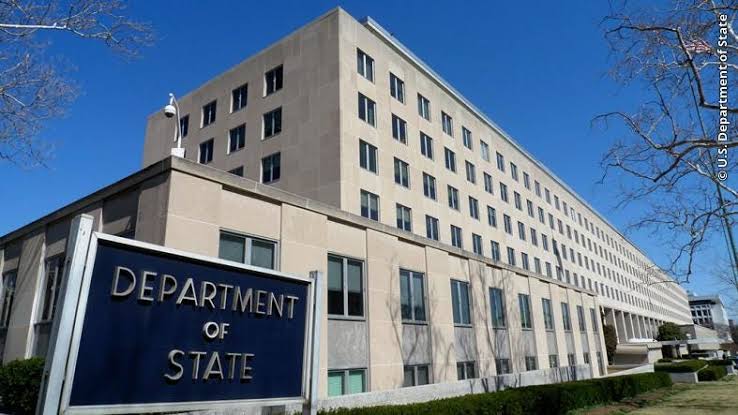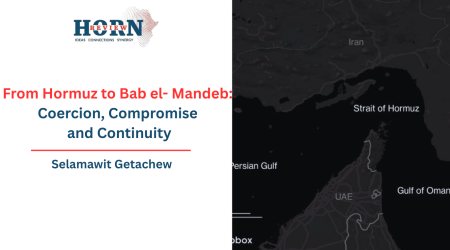
16
Apr
U.S. Diplomatic Restructuring: A Global Recalibration and Its Implications for Ethiopia and the Horn of Africa
In a strategic move that blends fiscal prudence with a broader reassessment of its global priorities, the Trump administration is reportedly considering the closure of several U.S. embassies worldwide, including in Africa, Southeast Asia, and the Caribbean. This restructuring, which targets missions in Eritrea, South Sudan, Lesotho, Gambia, and the Central African Republic, as well as embassies in Luxembourg, Grenada, and the Maldives, marks a significant shift in U.S. foreign policy. For Ethiopia and the Horn of Africa, this recalibration carries profound implications, necessitating a strategic and adaptive response to a rapidly evolving geopolitical landscape.
The closures reflect the administration’s aim to reduce U.S. diplomatic expenditures while refocusing resources on regions deemed vital to American security and economic interests. Proposed cuts to the State Department’s budget, including a potential 50% reduction in foreign aid and diplomatic operations, highlight the administration’s drive for fiscal discipline and selective global engagement. These changes occur in the context of escalating geopolitical competition among the U.S., China, and Russia, each vying for influence in areas where the U.S. has historically held considerable sway.
For Ethiopia, this shift represents both a challenge and an opportunity. The closure of U.S. embassies in neighboring countries such as Eritrea and South Sudan could result in reduced American involvement in regional security, development, and conflict resolution efforts. This void may be filled by China and Russia, who are likely to expand their presence in East Africa, altering the region’s strategic balance. However, Ethiopia’s increasing diplomatic and economic influence positions it to mitigate these shifts, allowing it to play a more prominent role in regional leadership.
Strategically situated at the center of the Horn of Africa, Ethiopia has long been a cornerstone of U.S. regional security efforts, particularly in counterterrorism and peacekeeping. The evolving diplomatic environment presents Ethiopia with an opportunity to strengthen its leadership in regional stabilization, ensuring that the U.S. continues to cooperate on issues of shared interest, such as counterterrorism, development, and regional security. The U.S. Embassy in Addis Ababa will likely become an even more critical hub for managing American interests across the Horn of Africa.
Ultimately, this restructuring represents a recalibration, not a retreat, from global engagement. As the U.S. refines its diplomatic footprint, Ethiopia stands to consolidate its position as a regional leader, reinforcing its relationship with the U.S. and contributing significantly to the stability of the Horn of Africa. In this shifting geopolitical order, Ethiopia’s strategic location and diplomatic acumen equip it to navigate these changes, positioning it as a key player in global diplomacy.










